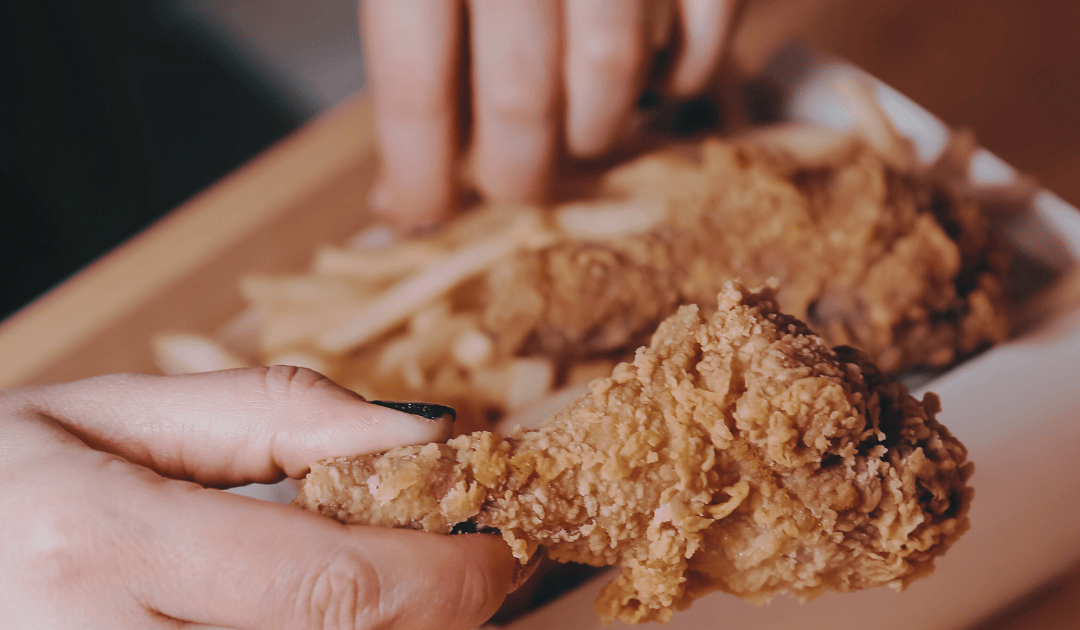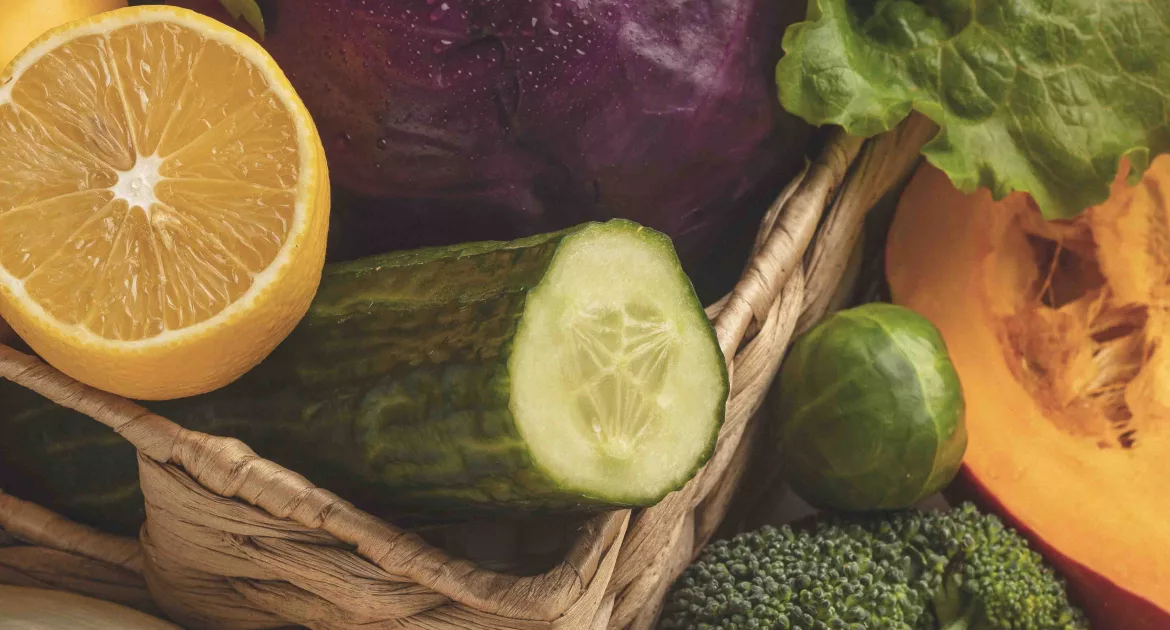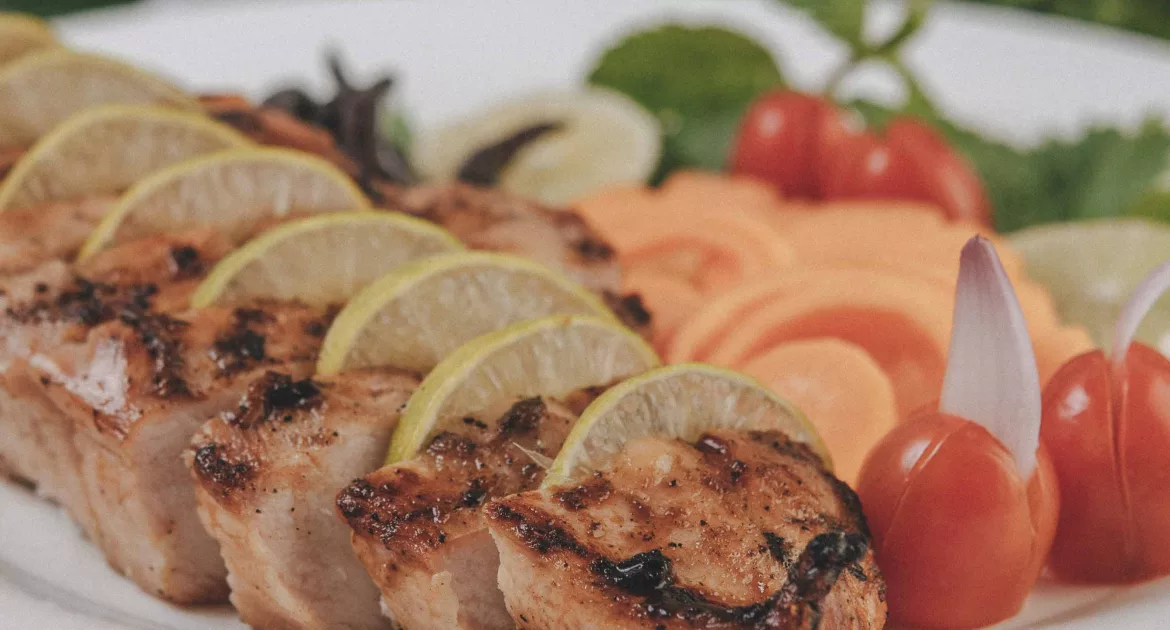We all try to eat healthy, but even the most well-intentioned diets can fall short on certain essential nutrients. This is especially true for some key vitamins and minerals that our bodies need to function at their best.
Here are 5 essential nutrients you might be missing out on, along with some tips on how to incorporate them into your diet.
1. Vitamin D
Why You Need It: Vitamin D is important for keeping your bones strong as it helps your body absorb calcium. It’s also important for your immune system and has been linked to regulating your mood.
Signs of Deficiency: Weak bones, frequent infections, feeling tired all the time, and depression.
How to Get It: The best source of vitamin D is sunlight, so try to spend a bit of time outside each day. Food-wise, you can get it from fatty fish like salmon and mackerel, fortified dairy products, and egg yolks. If you’re somewhere with not much sunlight, think about taking a vitamin D supplement.
2. Magnesium
Why You Need It: Magnesium plays a role in over 300 reactions in your body, including muscle and nerve function, controlling blood sugar, and building bones.
Signs of Deficiency: Muscle cramps, mental health issues, weak bones (osteoporosis), tiredness, and high blood pressure.
How to Get It: Add more leafy greens like spinach and kale, nuts and seeds (especially almonds and pumpkin seeds), whole grains, and legumes to your diet. Dark chocolate is also a nice treat that’s rich in magnesium.
3. Omega-3 Fatty Acids
Why You Need It: Omega-3s are essential for heart health, reducing inflammation, and supporting brain function.
Signs of Deficiency: Dry skin, depression, poor memory, and heart problems.
How to Get It: The best sources are fatty fish like salmon, trout, and sardines. If you prefer plant-based options, go for flaxseeds, chia seeds, and walnuts. If you don’t eat fish often, consider taking a fish oil or algae oil supplement.
4. Vitamin B12
Why You Need It: Vitamin B12 is essential for nerve function, making red blood cells, and DNA synthesis.
Signs of Deficiency: Anaemia, constant fatigue, memory loss, and nerve damage.
How to Get It: Vitamin B12 is mostly found in animal products, so if you’re vegetarian or vegan, you’ll need to be extra mindful of your intake. Good sources include meat, fish, dairy products, and fortified foods like plant-based milk and cereals. Supplements are also an option.
5. Iron
Why You Need It: Iron is crucial for making haemoglobin, a protein that helps red blood cells carry oxygen around your body.
Signs of Deficiency: Fatigue, weakness, pale skin, and shortness of breath.
How to Get It: Red meat, poultry, and fish are excellent sources of heme iron, which is easier for your body to absorb. Plant-based sources include lentils, beans, tofu, spinach, and fortified cereals. Eating vitamin C-rich foods like citrus fruits and bell peppers with iron-rich foods can help with absorption.
Making sure you get all the essential nutrients in your diet is key to staying healthy and feeling good. By paying attention to these often-missed nutrients and adding a variety of nutrient-rich foods to your meals, you can fill any gaps in your diet. Remember, a balanced diet isn’t just about eating enough; it’s about eating right.







